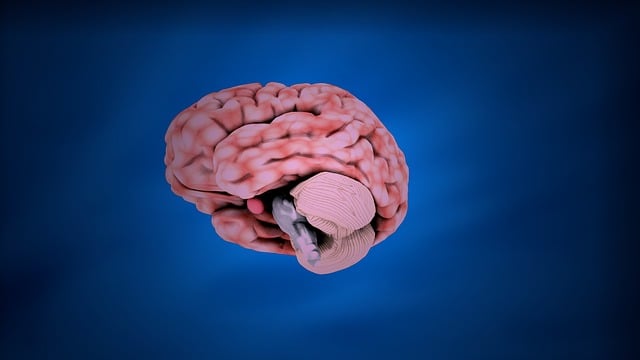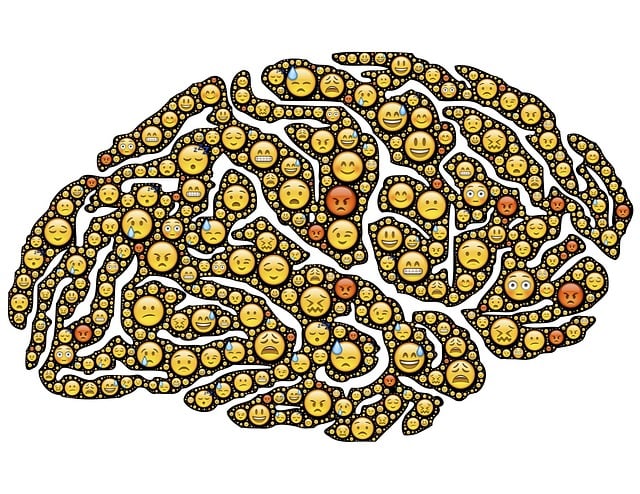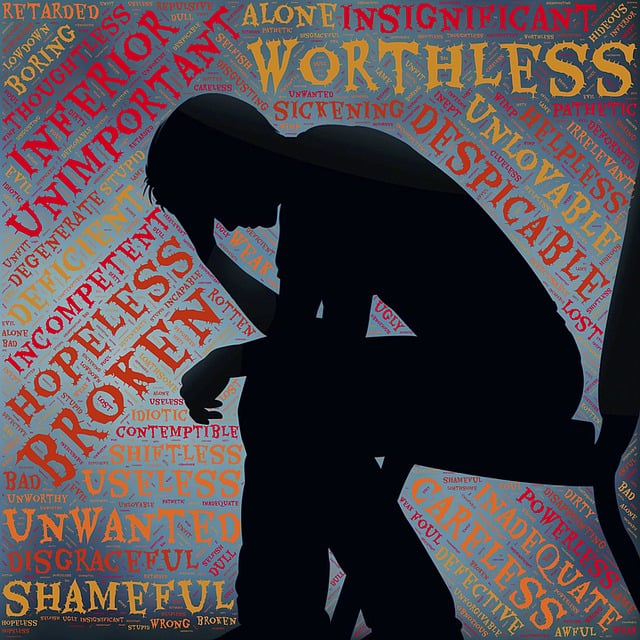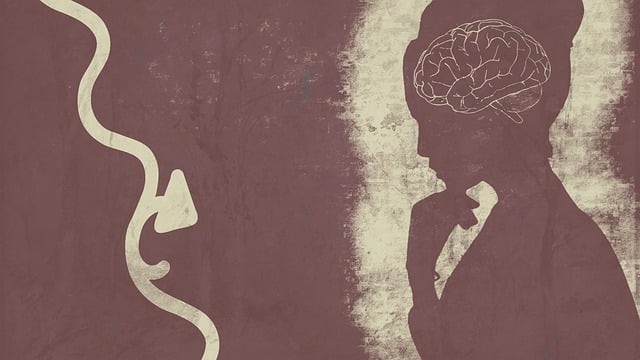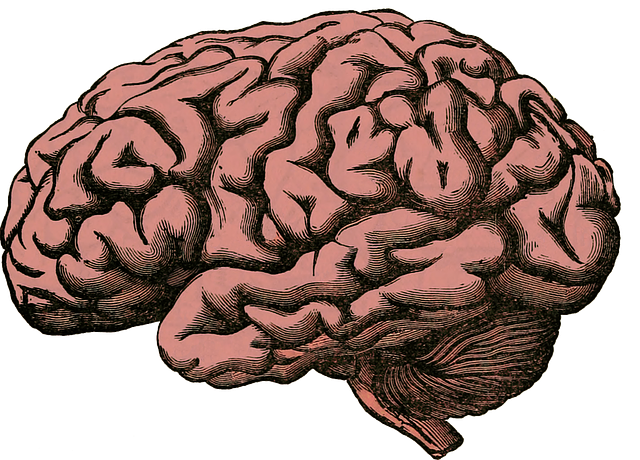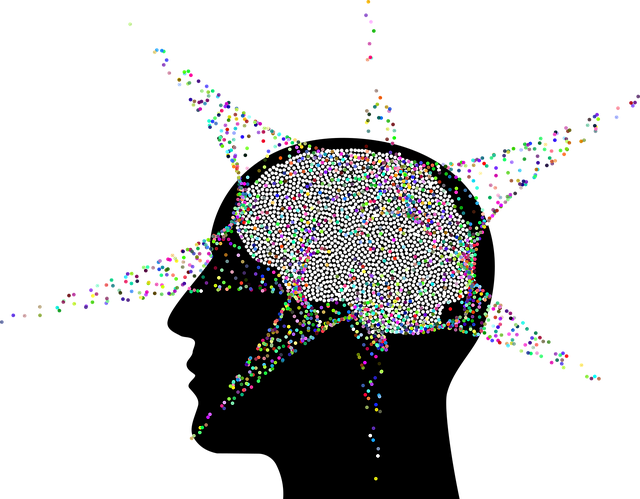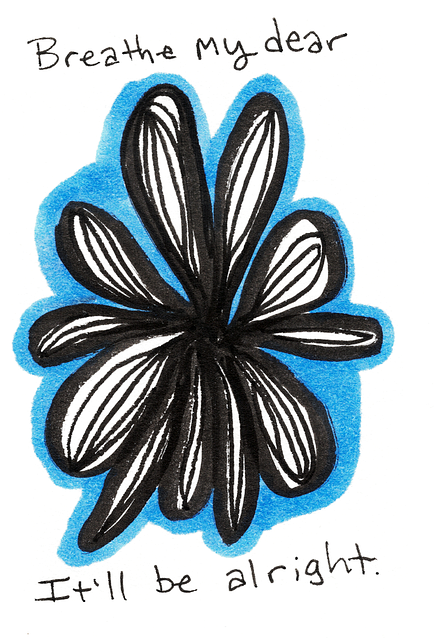In Colorado Springs, tackling drug abuse and substance misuse requires a personalized therapy approach. This paragraph summarizes various therapeutic strategies, emphasizing cognitive-behavioral therapy, group support, and mindfulness practices for long-term recovery. Public awareness campaigns educate the community, reduce stigma, and encourage help-seeking behaviors, combining conflict resolution skills to manage interpersonal challenges without substances. The ultimate goal is to provide Colorado Springs residents with tools for improved mood regulation through specialized drug abuse therapy.
Mood regulation is a crucial aspect of recovery from drug abuse and substance addiction, especially in therapeutic settings like Colorado Springs Drug Abuse-Substance Abuse Therapy. This article explores strategies for managing and stabilizing moods, focusing on both cognitive-behavioral techniques and holistic approaches. We delve into how these methods can empower individuals to navigate their emotional states effectively, fostering a sense of balance and well-being integral to long-term recovery.
- Understanding Mood Regulation and its Significance in Recovery
- Cognitive-Behavioral Techniques for Effective Mood Management
- Holistic Approaches to Stabilizing Mood in Colorado Springs Drug Abuse-Substance Abuse Therapy
Understanding Mood Regulation and its Significance in Recovery

Cognitive-Behavioral Techniques for Effective Mood Management

Holistic Approaches to Stabilizing Mood in Colorado Springs Drug Abuse-Substance Abuse Therapy

In Colorado Springs, addressing drug abuse and substance use disorders often involves a holistic approach to mood regulation within the context of therapy. This multifaceted strategy recognizes that stabilizing moods is not just about treating symptoms but also about understanding and nurturing the underlying emotional landscape. Therapists in this region emphasize the integration of various techniques, combining cognitive-behavioral therapies with mindfulness practices and conflict resolution strategies. By fostering emotional intelligence, individuals in recovery can better navigate their emotions and develop effective coping mechanisms.
Public Awareness Campaigns Development plays a crucial role in this holistic picture by educating the community about the nature of addiction and available resources. Increased public understanding reduces stigma, encouraging those struggling to seek help. Conflict Resolution Techniques are also integrated into therapy sessions, teaching individuals how to manage interpersonal challenges without resorting to substance abuse as a coping mechanism. Through these comprehensive methods, Colorado Springs Drug Abuse-Substance Abuse Therapy aims to equip individuals with the tools needed for long-term recovery and improved mood regulation.
In navigating the complexities of Colorado Springs Drug Abuse-Substance Abuse Therapy, understanding and regulating one’s mood is a powerful tool for recovery. By combining cognitive-behavioral techniques with holistic approaches, individuals can gain significant control over their emotional well-being. These strategies not only empower persons in therapy but also offer lasting tools to manage stress and maintain mental balance. Through this integrated approach, the journey towards healing becomes more accessible and hopeful.
